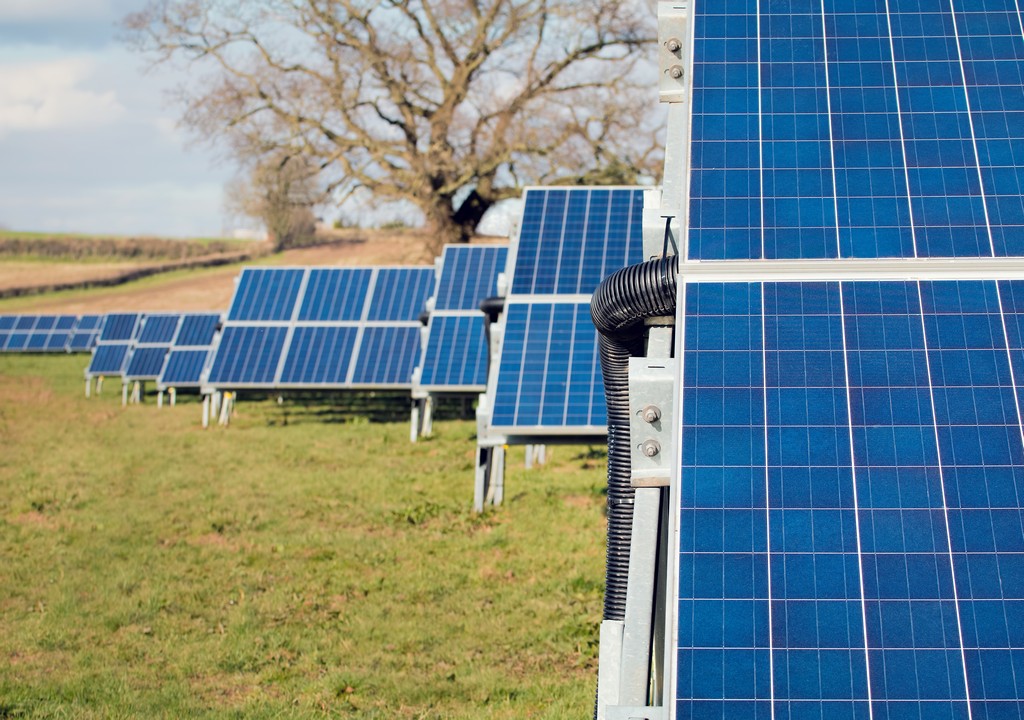DOE: RE Development will not push power rates higher
- December 29, 2017
- 0

DOE secretary Alfonso Cusi said that they are implementing safety nets through the Renewable Portfolio Standard (RPS) policy.
“The RPS for On-Grid rules outlined various safety nets to protect the electricity end-users and to ensure that this new venture will not result in higher electricity rates,” Cusi said.
The DOE secretary recently signed Department Circular No. DC2017-12-0015 which indicates the rules and guidelines in the establishment of RPS for On-Grid Areas.
The said circular mandates distribution utilities (DUs), retail electricity suppliers, including power generation companies serving directly-connection customers to source or produce a certain percentage of their power requirements from eligible RE sources.
Eligible RE participants may use biomass, waste-to-energy technology, wind energy, solar energy, run-of-river hydroelectric power systems, impounding hydroelectric power systems, ocean energy, and geothermal energy.
The RPS policy will be complemented by the Competitive Selection Process (CSP) policy to protect consumers. This requires DUs and participants to undertake competitive bidding in sourcing their compliance to assure the “no higher rates” policy.
Cusi said that the CSP will assure transparent mechanism that a certain least cost procurement of power supply and ensure competition among players.
The RPS for On-Grid areas is initially anchored on the country’s target of 35 percent RE share in the overall energy mix in 2030 which will be reviewed under the upcoming updating of the National Renewable Energy Program.
However, the minimum RE sourcing will not be imposed immediately, considering 2018 and 2019 are transition years for the mandated participants to develop their compliance plans to the minimum RPS requirements.
The RPS will undergo regular reviewing process to ensure the compliance of all participants, determine the impact to the consumers and whether the imposed minimum RE generation requirement should stay or be adjusted accordingly.